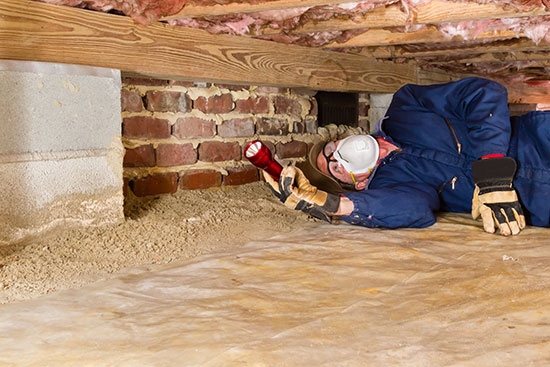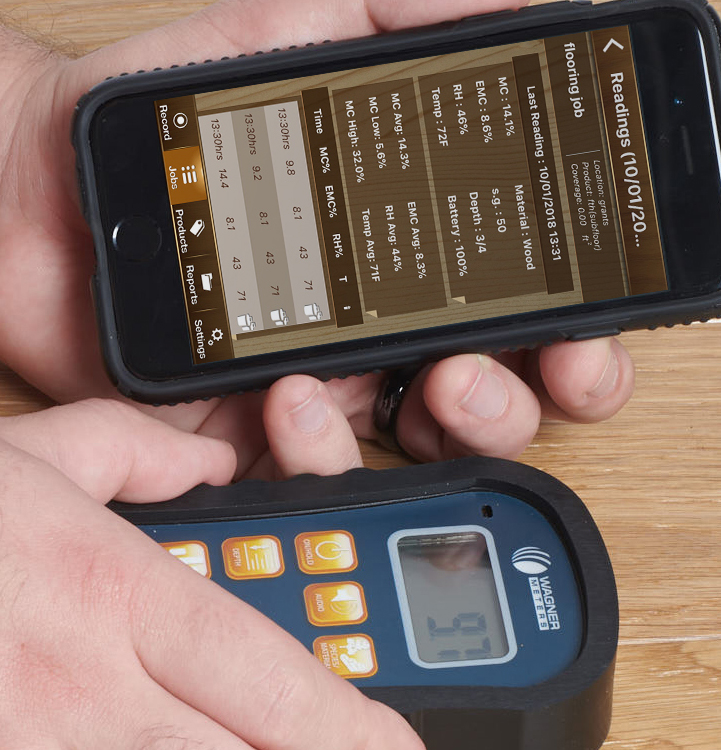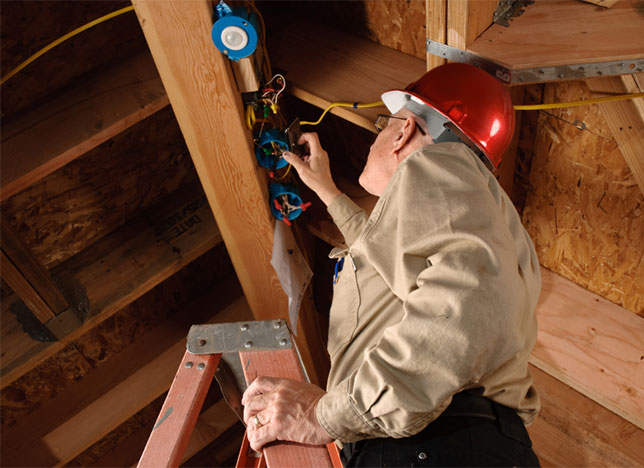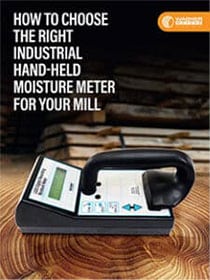Must-Have Home Inspection Tools
If you’re a new home inspector or haven’t updated your toolbox in a while, or you’re a homeowner who wants to be proactive in taking care of your home, then this article is for you.
Your inspection tools can make your work more thorough and ensure that you are providing the highest quality service possible. Below are some important tools that you should include the next time you inspect a home

A flashlight is a simple but essential tool for home inspectors and homeowners.
Outlet Tester with GFCI Test
This type of electrical tester is certainly a requirement for home inspections. Small and easy to carry, outlet testers are a convenient, easy tool that can pinpoint whether or not a plug is faulty. These devices can help home inspectors identify the presence of wiring errors or whether any outlets pose a threat to the homeowner.
Flashlight
Flashlights are a simple but essential tool for any homeowner or home inspector. Whenever you are moving through crawl spaces, looking at the integrity of a deck, or checking out the attic, a flashlight is a great tool to help you pinpoint concerns that you should document during the inspection. Always carry two, just in case you lose one. That way, you don’t get caught in the dark or end up in a dangerous situation.
Pinless Moisture Meter

A pinless moisture meter is an important inspection tool for identifying potential trouble spots and preventing moisture-related damage.
Pinless moisture meters are an important part of keeping a home safe and making sure future homeowners won’t experience moisture-related failures in the future. Moisture is often the culprit of many problems for homeowners. Catching moisture-related problems early can mean the difference between spending a small sum and spending a large amount of money to fix, or even replace, the damaged area.
A pinless moisture meter can ensure that wood floors and other wooden features are properly acclimated without the invasive nature of a pin-type moisture meter. An Orion® pinless moisture meter from Wagner Meters is a great option for home inspectors and homeowners alike.
Infrared Camera
An infrared camera can help inspectors and homeowners identify spots that aren’t as energy efficient as they could be. This camera will detect windows that are not properly sealed, gaps in insulation, and whether or not an area has a lot of moisture based on temperature.
Small Ladder

A ladder can help inspectors and homeowners access hard-to-reach places.
A ladder can help inspectors and homeowners access hard-to-reach places. Instead of having to lug around a large ladder, finding a good quality telescoping ladder can be convenient. These ladders can collapse and have a locking technology when extended. These ladders can fit in the trunk of a car and can be carried around without any problems.
However, an articulating ladder is more versatile in terms of configurations. While a telescoping ladder can extend to reach various heights, articulating ladders have locking hinges that can make many positions possible: from single extension, to stepladder, to trestle ladder, and more. These can also be carried around with ease, and tend to be safer than telescoping ladders.
Carbon Monoxide Detector
Carbon monoxide (CO) is often hailed as “the silent killer.” CO poses a serious threat to inspectors and homeowners alike. Having a carbon monoxide detector can ensure that the gas that runs certain appliances, such as water heaters, furnaces, and boilers, is not leaking into the air. CO accumulation in the air can also mean that these appliances aren’t running efficiently and need servicing or proper ventilation.
Non-contact voltage tester
Like outlet testers, non-contact voltage testers help to determine if there is electricity flowing through a certain place. But rather than plugging it into an outlet, you can test whether or not a wire is live by touching the device directly to wires and cables. When it comes to your safety as an inspector or homeowner, you can’t beat a voltage tester.
This device can also pinpoint opened spliced wiring and test old wiring to make sure it does not have electricity flowing through it, keeping all members of the household safe.
Water Pressure Gauge
This device is popular with plumbers, but it’s also handy for home inspectors and homeowners. A water pressure gauge will measure how much water pressure there is within a pipe system. If the pressure is too low, your appliances won’t function as they should. Testing the water pressure regularly is a great way to care for your home.
Other Important Items
While the above devices are crucial to making sure that your home or the home you’re inspecting is safe, it’s also important to use items to ensure your own safety. Wear the necessary protective equipment during an inspection. This can include things like gloves, safety glasses, boots, respirators, and towels for cleaning up messes.
For home inspectors and homeowners alike, ensuring that homes are safe, efficient, and functioning properly is of crucial importance. The above items and safety equipment do just that.
For more helpful tips to keep your family and your home safe from damage, especially moisture-related damage, check out our other articles on the Wagner Meters website such as the importance of moisture measurement and control.
Jason has 20+ years’ experience in sales and sales management in a spectrum of industries and has successfully launched a variety of products to the market, including the original Rapid RH® concrete moisture tests. He currently works with Wagner Meters as our Rapid RH® product sales manager.
Related Posts via Taxonomies
Last updated on November 29th, 2021



